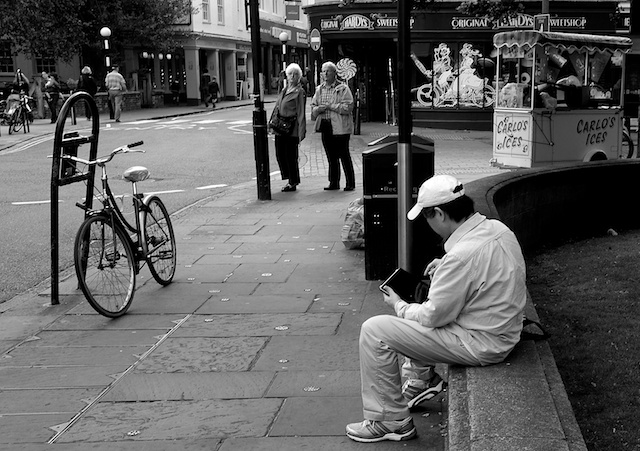Remarkable Irish Times column by Fintan O’Toole.
Very quickly but rather quietly, Ireland is doing a remarkable thing. It is disappearing its young people. In April 2009, the State contained 1.423 million people aged between 15 and 35. In April 2014, there were 1.206 million in the same age group. That’s a reduction from one generation of more than the entire population of Limerick city and county. This is the age group of rebellion, of adventure, of trying it out and trying it on. It’s the generation that annoys its elders and outrages convention and challenges accepted wisdom. It is demography’s answer to the stultification of groupthink. It is not always right but without its capacity to drive everyone else up the wall, smugness settles over everything like a fine grey dust.
The biggest reason for this loss of nearly a quarter of a million young people in five years is emigration. People of my age remember the 1980s, the Donnelly visas and the flight of the Ryanair generation, and assume that what’s happening now couldn’t be as bad. They’re right – it’s not as bad, it’s much worse.
In the entire, miserable decade of the 1980s, net emigration was 206,000, a figure seen at the time as a shocking indictment of political and economic failure. In the last five years alone it is 151,000. And most of this emigration is of people between 15 and 44: in 2012 and 2013 alone, we lost 70,000 people in this age group. The percentage of 15- to 29-year-olds in the population has fallen from 23.1 per cent in 2009 to 18 per cent in 2014. And it’s not just that the young generation is physically shrinking. Many, even those who have stayed, have emigration in their heads as an active option. They are, mentally, half here.
Why are they going? Largely because they’re browned off. It’s been clear for quite some time now that most of those who are leaving are not, in a simple sense, economic refugees…
He’s right. Many of those who have gone had jobs in Ireland.



